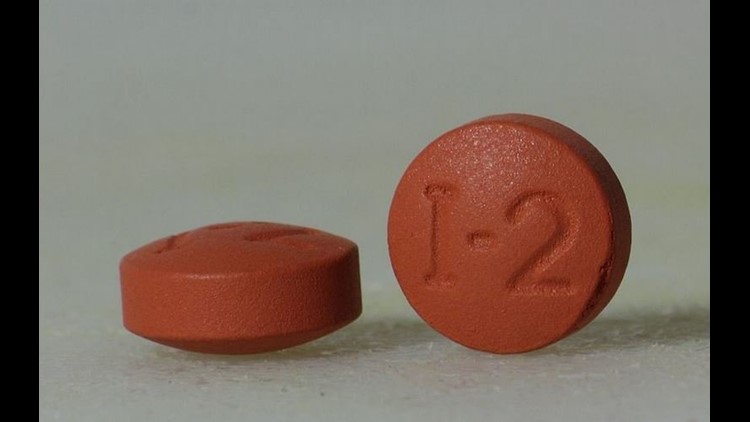A viewer writes:
I am a 67 year old female with atrial fibrillation and arthritis in my hip and knee but no other diseases. I am generally fit and only a little overweight. My cardiologist has me on warfarin to prevent strokes and metoprolol for the atrial fibrillation. I take two Advil 5-6 times each week for my arthritis and my cardiologist says that it is fine but my internist is concerned that it might increase my risk of bleeding. He gave me a cortisone shot which really didn’t help and is now recommending Celebrex ®. So who is right, my cardiologist or internist? Is ibuprofen safer than Celebrex or the other way around?
So who is right?
Ibuprofen is the drug in Advil and Motrin and it is a relatively safe drug for minor aches and pains when used on modest doses like what you say you are taking. It can increase the risk of bleeding a little because it will block the COX-1 enzyme but not as much as modest doses of aspirin because it also blocks the COX-2 enzyme. Like aspirin, it can increase the risk of stomach ulcers due to COX-1 blockade and in higher doses. Celebrex is the brand name of celecoxib, which is a selective COX-2 inhibitor. Since it does not block COX-1 the bleeding risk and the risk of ulcers is less than if you took ibuprofen. So there is a clear advantage to Celebrex®. However Celebrex doubles the risk of having a coronary event like a heart attacks since it blocks COX-2 without blocking COX-1 where ibuprofen has a balanced blockade or COX-1 and 2 and only slightly increases the risk. So if you have a history of coronary disease like angina or heart attack ibuprofen has a clear advantage.
Since she doesn’t have a history of ulcers or heart disease, they are both right. The internist is more concerned about the ulcer and the bleeding risk while the cardiologist is worried about the heart but again the risk to her is very low. What would I do, I would suggest she use ibuprofen because it is cheaper and more convenient to get but would try to reduce the amount of ibuprofen she needs. Her arthritis sounds like it is due to wear and tear on her hip and knee after an active life, not rheumatoid arthritis. Weight loss to get to her ideal body weight will take a lot of wear and tear off those joints and is heart healthy. If she is jogging, that is high impact on joints and walking, swimming, or yoga as a substitute will give her the heart benefits with less joint damage. Cortisone shots didn’t help her but there is a thick goo called SynVisc that can be injected in the joint that may help cushion it. If this doesn’t work, another thought is glucosamine which has some controversy surrounding its effectiveness with some studies saying yes and others saying no. I think it does work for some people but you need to only use brands that verify the active ingredient like those with the USP seal and you need to take it every day for four weeks before you start to see results. She should not take joint preparations with Chondroitin though as that can increase the risk of bleeding with her warfarin and can be dangerous.
Dr. Michael White, UConn School Of Pharmacy



